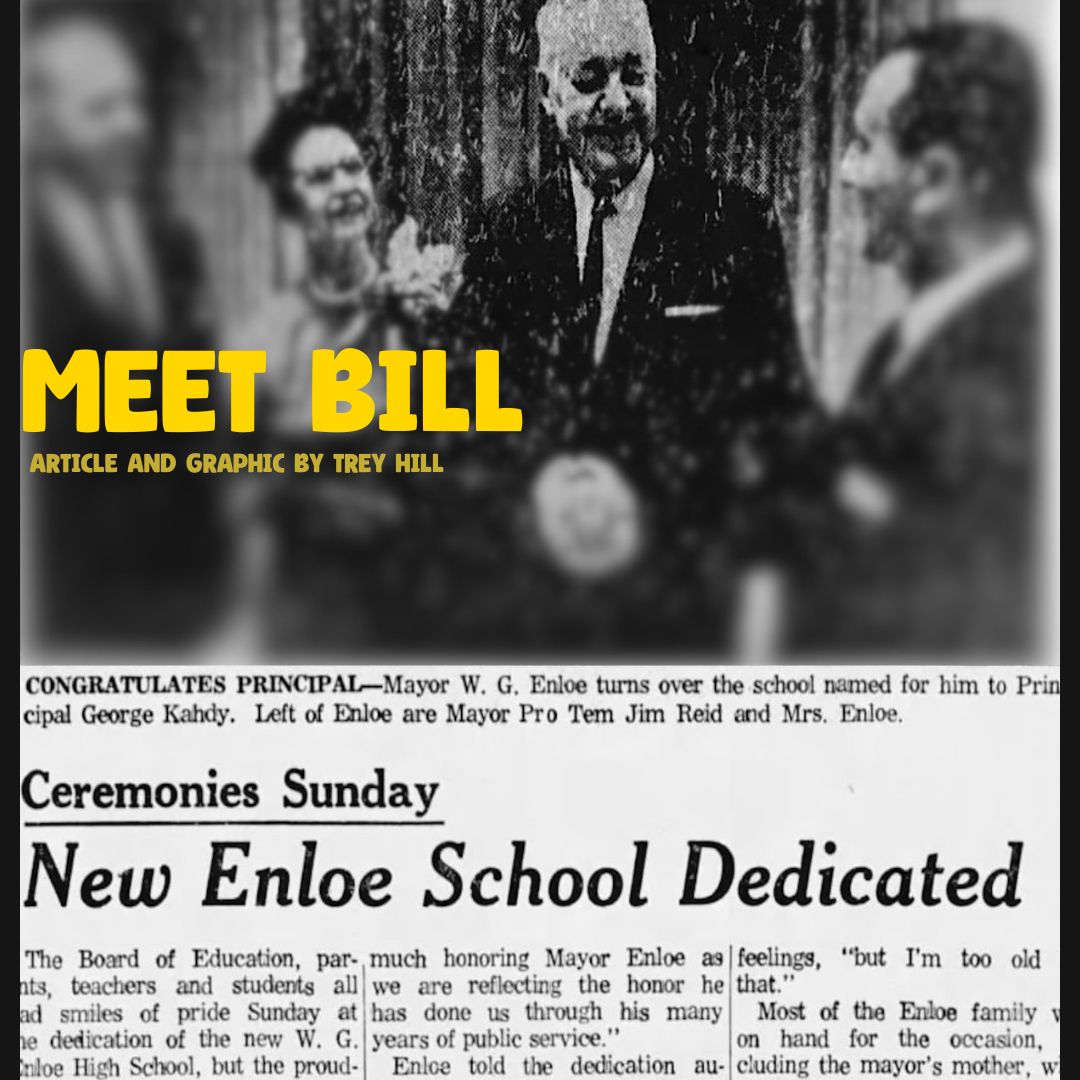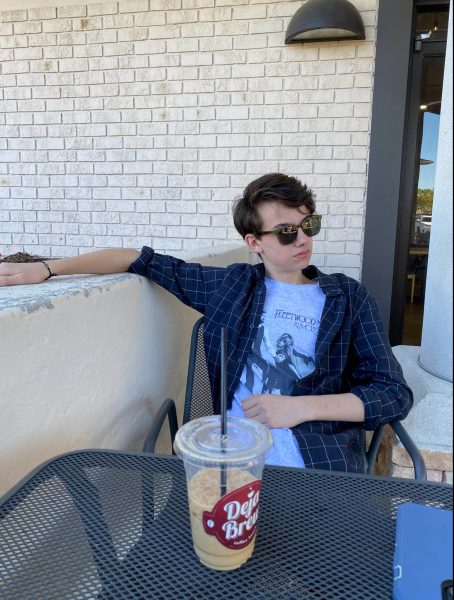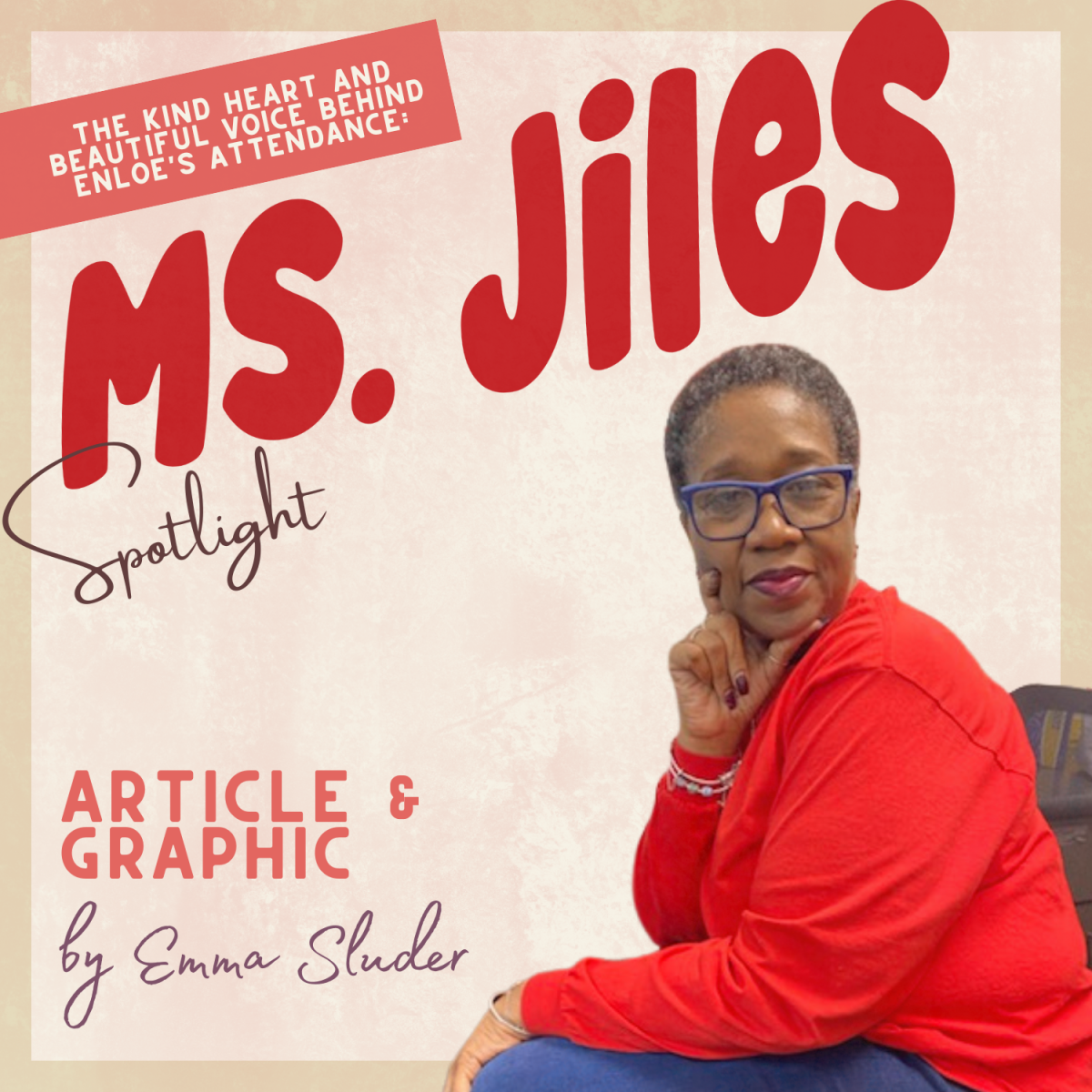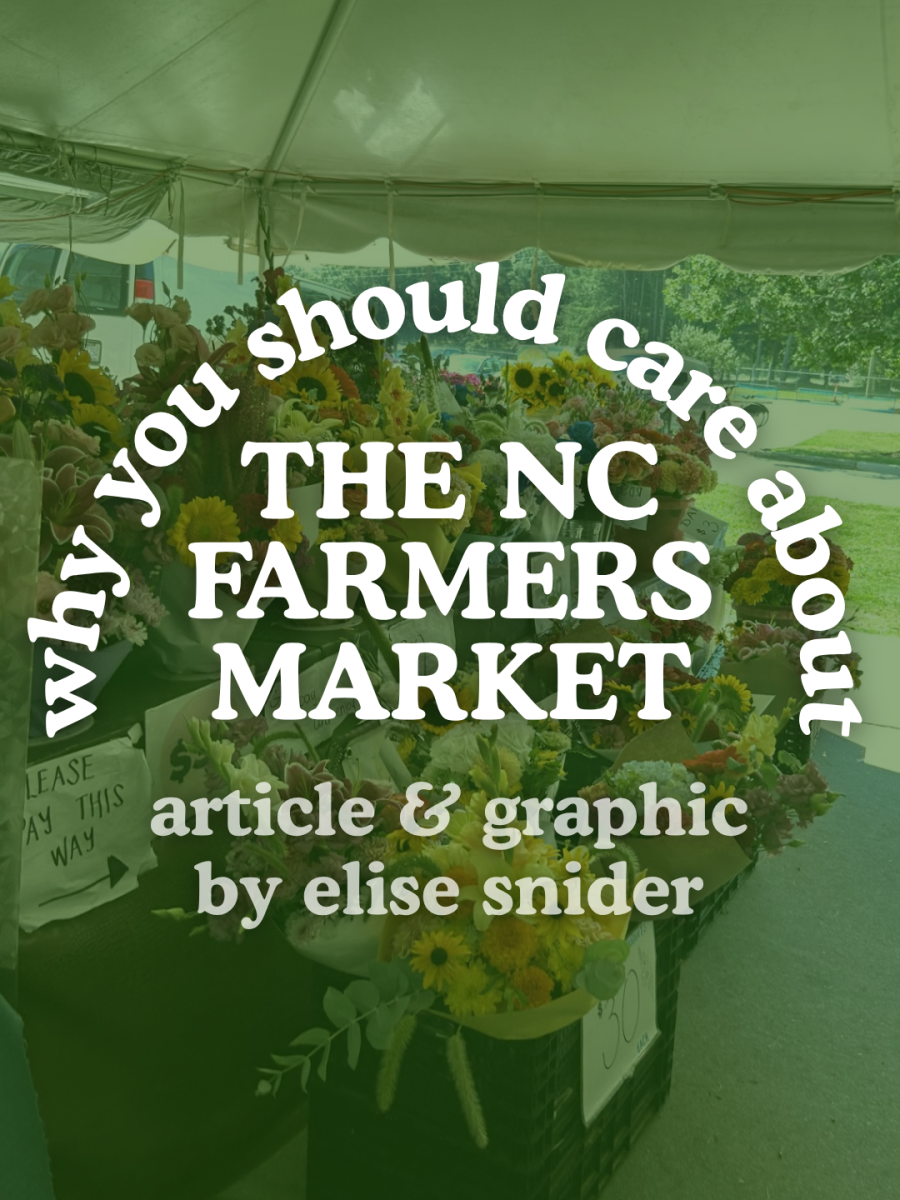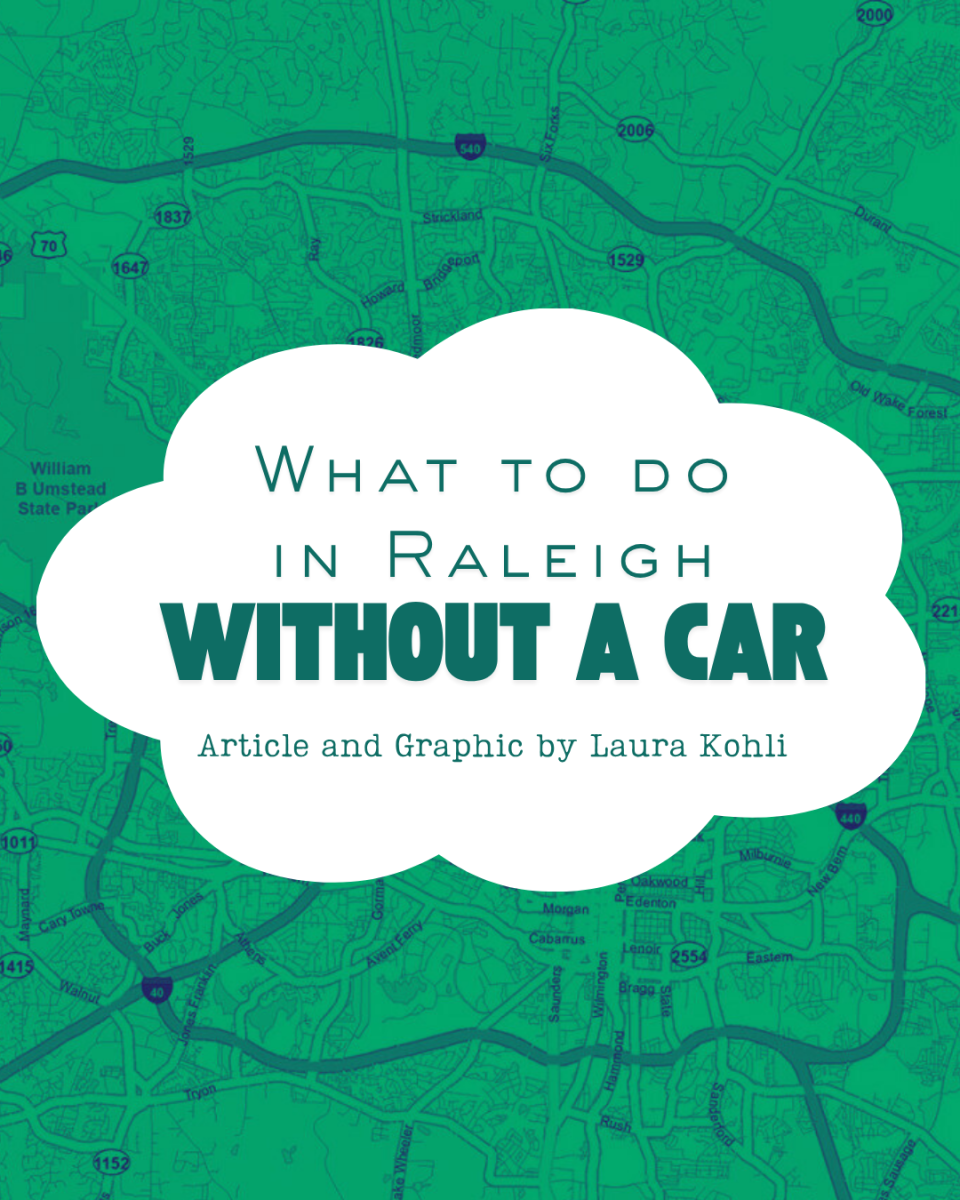Meet Bill. You may also know him as Willam Gillmore Enloe, once the 48th Mayor of Raleigh, North Carolina, and now the namesake of William G. Enloe High School. Enloe was born in Rock Hill, South Carolina in 1902. Shortly thereafter, his family moved to Greenville, N.C. He worked his first job at the age of 12 selling popcorn at his local movie theatre. By his 20s, he was transferred to Raleigh, eventually serving as the director of the N.C. Association of Theater Owners. His connections in the business community helped him launch a successful campaign for City Council. He served two terms in the Raleigh City Council from 1953-1957, which prepared him for his three-term mayorship of the City of Raleigh from 1957-1963.
During his time as Mayor, the major political and social issue Mayor Enloe faced was responding to demands for civil rights among the African American community of Raleigh at a time when race relations were the salient issue of the day. By most accounts, Mayor Enloe was a moderate on civil rights issues. While he was personally in favor of gradually phasing out segregation in Raleigh, his political success depended on appeals to Southern sympathies among his constituents. For example, he openly criticized African American students who protested Jim Crow laws by participating in Greensboro lunch counter sit-ins. In YEAR Magazine, he described the Greensboro sit-ins as “endangering” race relations “in a manner that is all but destined to fail.” On the other hand, during his final year in office, Mayor Enloe appointed a 100-person committee whose task was to resolve Raleigh’s civil rights issues. His larger goal was to help Raleigh avoid becoming a major flashpoint in the political violence of the 1960s. Within a year of the committee’s formation, most of the businesses within city limits had been officially desegregated.
Skipping ahead to 2010, the public was in the midst of numerous debates over the names of our public institutions. After the Wake County Public School Board voted to end a long-standing bussing policy that had helped to integrate Wake County’s Public Schools, Rev. William Barber, president of the local branch of the National Association for the Advancement of Colored People (NAACP), spoke out about Raleigh’s long struggle for racial equality. Barber critiqued Mayor Enloe’s comments on the Greensboro sit-ins, and in the wake of those comments, School Board members reviewed Mayor Enloe’s history and position on civil rights issues.
Meanwhile, a Facebook group dedicated to preserving the name of William G. Enloe High School garnered 800 members. Former Enloe student Jared Dmiszewicki spoke of the name change thus: “People recognize us. They know it’s a great school. Changing its name would give it a whole new meaning.” Officially, the NAACP does not support a name change, and it is unlikely that Enloe High School’s name will change any time soon.
Bill Enloe, as the News and Observer often referred to him, has a complex legacy intricately interwoven with the civil rights movement and push for racial equality in the city of Raleigh, not to mention his leadership in business development for North Carolina. His reputation as a moderate political figure who offered stability and incremental change has become controversial in recent years. Many prominent figures in local media and politics have criticized Mayor Enloe for not pushing hard enough to integrate Raleigh; others argue that he was a stable and moderate figure who gently steered Raleigh in a more inclusive and equitable direction. Enloe’s successor, Jim Reid, once said of Enloe, “No history of the city of Raleigh will be written in which the name William G. Enloe does not appear.”
Fun Fact: During Enloe’s time as Mayor, he found himself supporting other “controversial” legislation. In 1961, he supported a measure to ban ice cream trucks from operating on Raleigh Streets, citing his worries over children’s safety and traffic. Later, in 1963, he helped stop a bill in the state legislature that would have required the observation of daylight saving time.
Works Cited:
Lamb, Amanda, et al. “Naming Debate Surrounds Raleigh High School.” WRAL.com, 29 June 2010, www.wral.com/news/education/story/7877952.
Enloe’s Name Caught up in Diversity Debate – Local – NewsObserver.com. 23 June 2010, web.archive.org/web/20100626045026/http://www.newsobserver.com/2010/06/23/546957/enloes-name-caught-up-in-diversity.html.
“The High Point Enterprise From High Point, North Carolina.” Newspapers.com, 19 Aug. 1960, www.newspapers.com/newspage/11538016.
“William G. Enloe.” DBpedia, dbpedia.org/page/William_G._Enloe.


